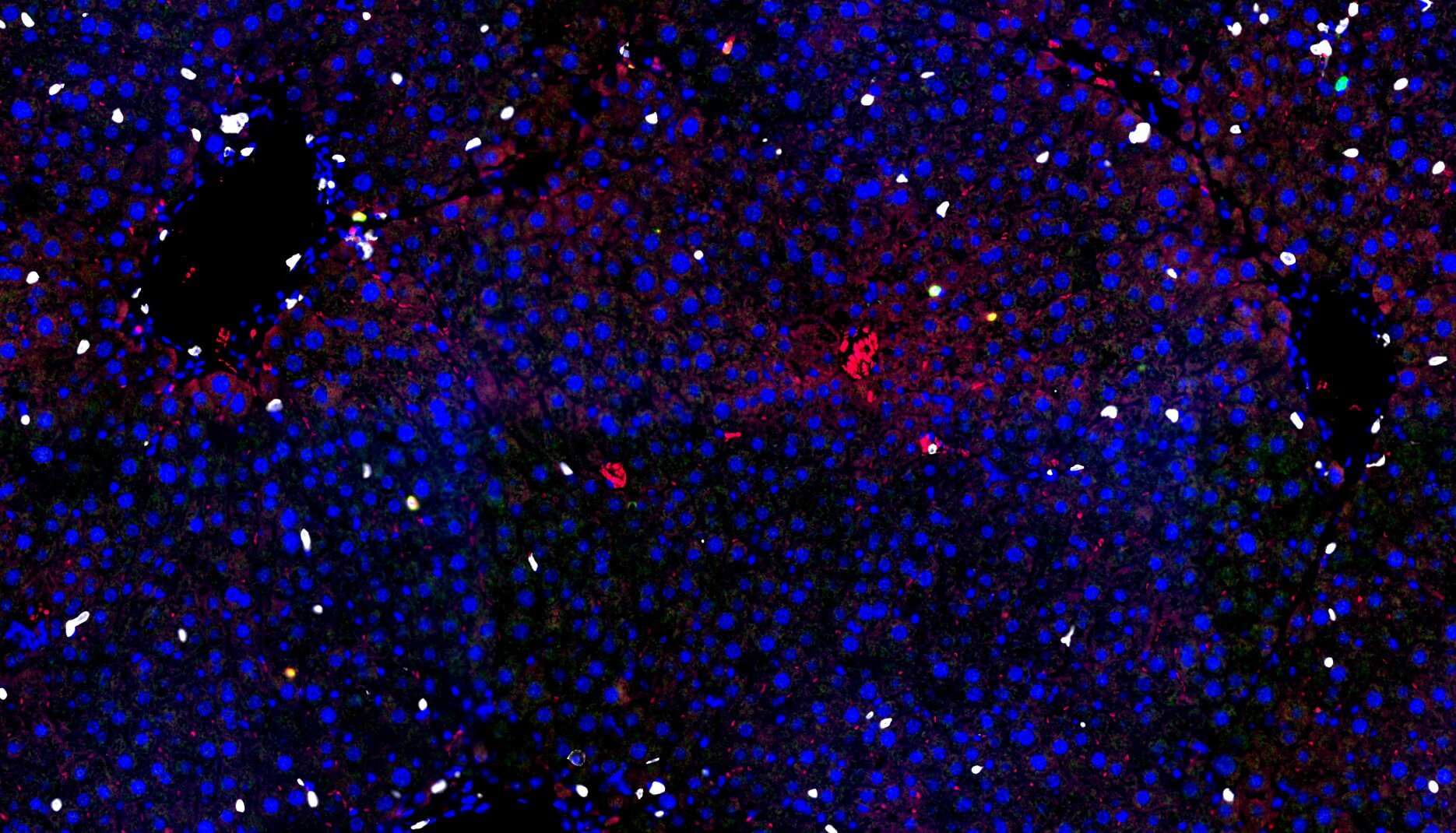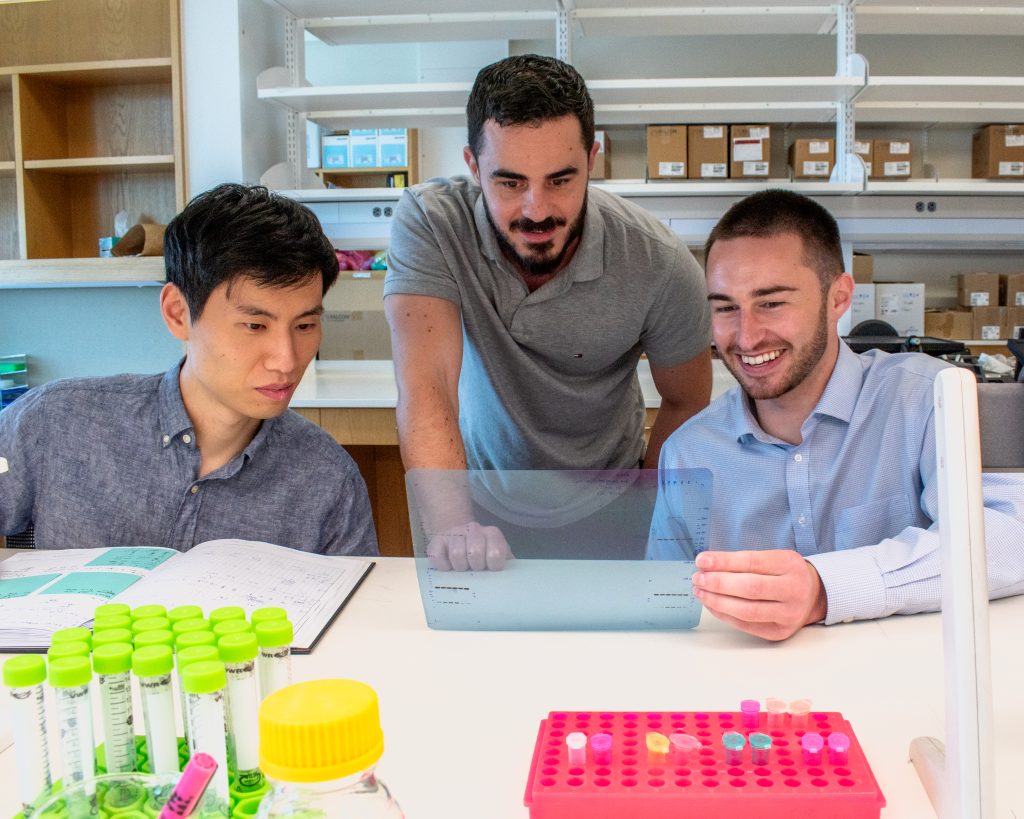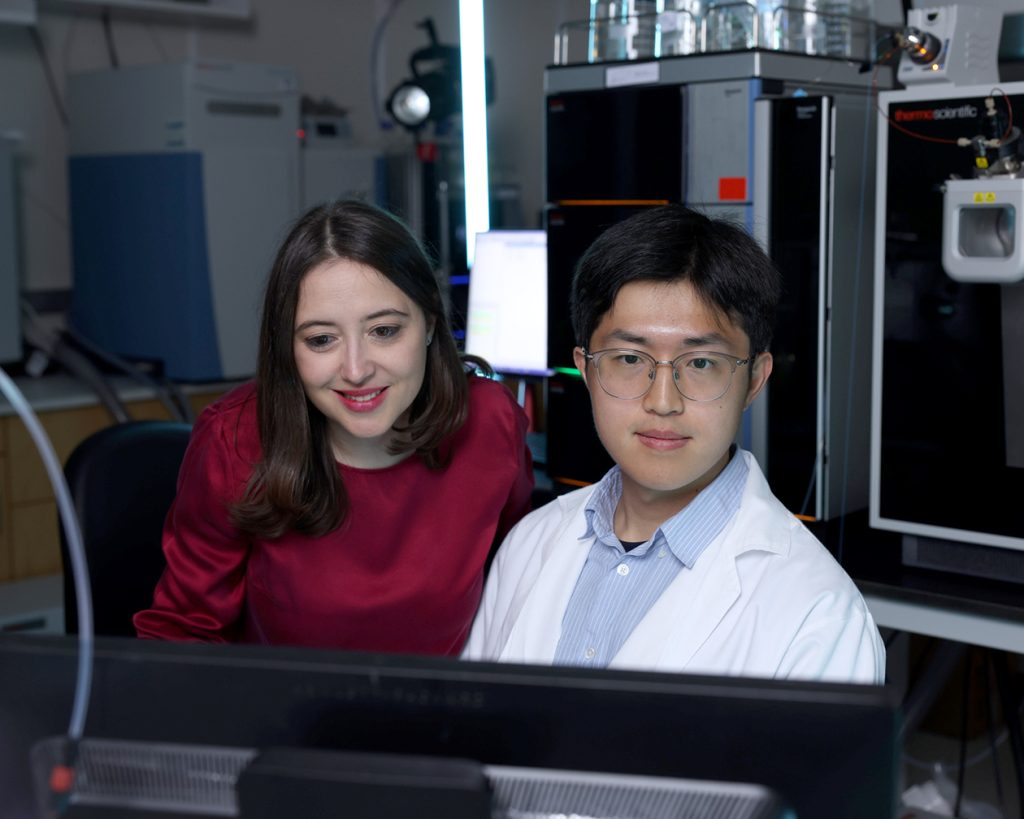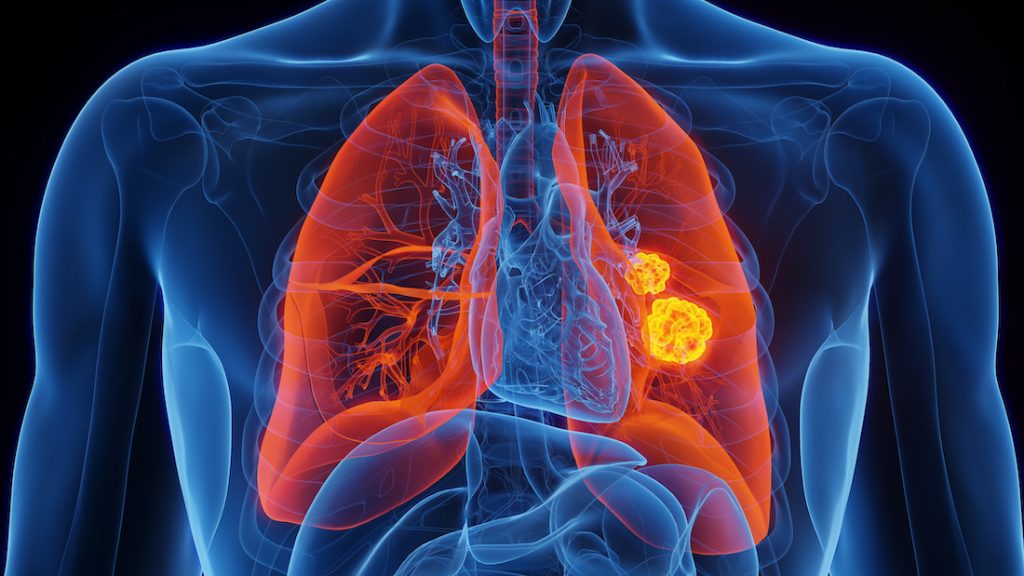 Chronic liver damage raises the risk of developing hepatocellular carcinoma (HCC) – the most common type of cancer that arises from liver tissues and one that is currently on the rise. New research from Children’s Medical Center Research Institute (CRI) at UT Southwestern suggests treating patients who have chronic liver damage with immunotherapy early on could prevent a liver cancer diagnosis later in life.
Chronic liver damage raises the risk of developing hepatocellular carcinoma (HCC) – the most common type of cancer that arises from liver tissues and one that is currently on the rise. New research from Children’s Medical Center Research Institute (CRI) at UT Southwestern suggests treating patients who have chronic liver damage with immunotherapy early on could prevent a liver cancer diagnosis later in life.
HCC is the fastest-growing cause of cancer-related death in the U.S. and one of the leading causes of death in patients with cirrhosis — the end result of any chronic liver disease.
“Modern lifestyles have made liver damage and disease a commonplace problem for Americans. Many have the misconception that only people who drank heavily have liver problems. But in reality, a huge number of people have these issues because of obesity, which can lead to diabetes, fatty liver disease, cirrhosis, and potentially cancer,” explained Dr. Hao Zhu, an associate professor at CRI.
Since it can take years or decades for patients with cirrhosis to develop HCC, scientists in the Zhu lab recognized that a cancer prevention strategy could be an effective approach to limiting or even stopping the development of cancer in cirrhotic patients.
In order to identify drugs with the potential to prevent cancer, researchers analyzed the genetic makeup of cells found in patients with cirrhosis for vulnerabilities. They found cirrhotic liver tissues harbored a significant amount of neoantigens — a type of altered protein that only precancerous or cancerous cells express. This observation made immune checkpoint inhibitors (ICIs) a promising option since these drugs harness the immune system to kill mutant cancer cells by targeting neoantigens. ICIs are currently used as an effective treatment for many types of cancer, including HCC.
To test if ICIs could prevent liver cancer, scientists administered a type of ICI known as anti-PD1 to mice with chronic liver damage but no cancer. Mice with chronic liver damage who were treated with anti-PD1 had 46 percent fewer tumors compared to untreated animals suffering from liver damage, revealing that anti-PD-1 treatment could significantly prevent the development of cancer. Researchers also found no meaningful differences in the overall health and liver function of mice treated with anti-PD1, suggesting this could be a safe treatment for cirrhosis patients who often have compromised health.
“These results encourage a prevention trial in cirrhotic patients with the highest risk of developing HCC,” said Dr. Zhu who is also an associate professor of pediatrics and internal medicine at UT Southwestern.
The study is available online in Cancer Prevention Research.
Other researchers who contributed to this study include Andrew Chung, Marcel Mettlen, Debolina Ganguly, Tianshi Lu, Tao Wang, Rolf Brekken, and David Hsiehchen.



